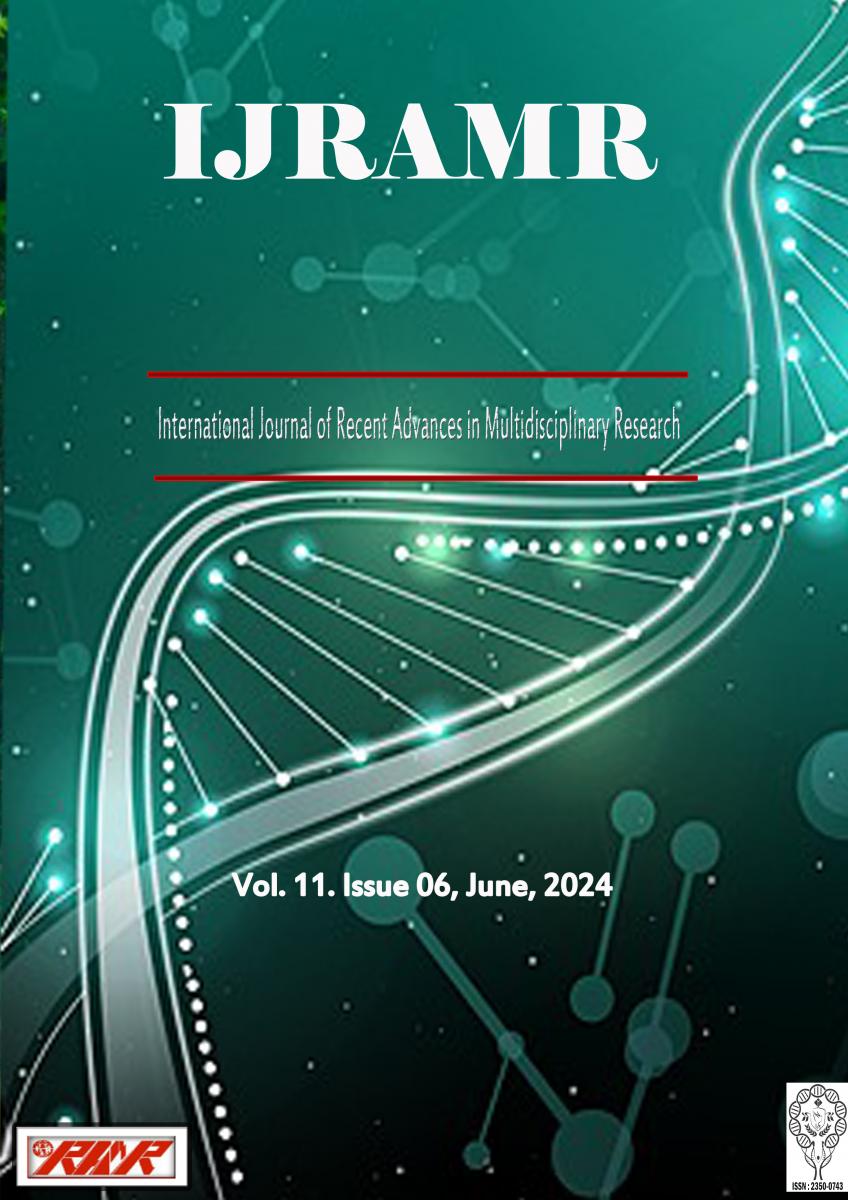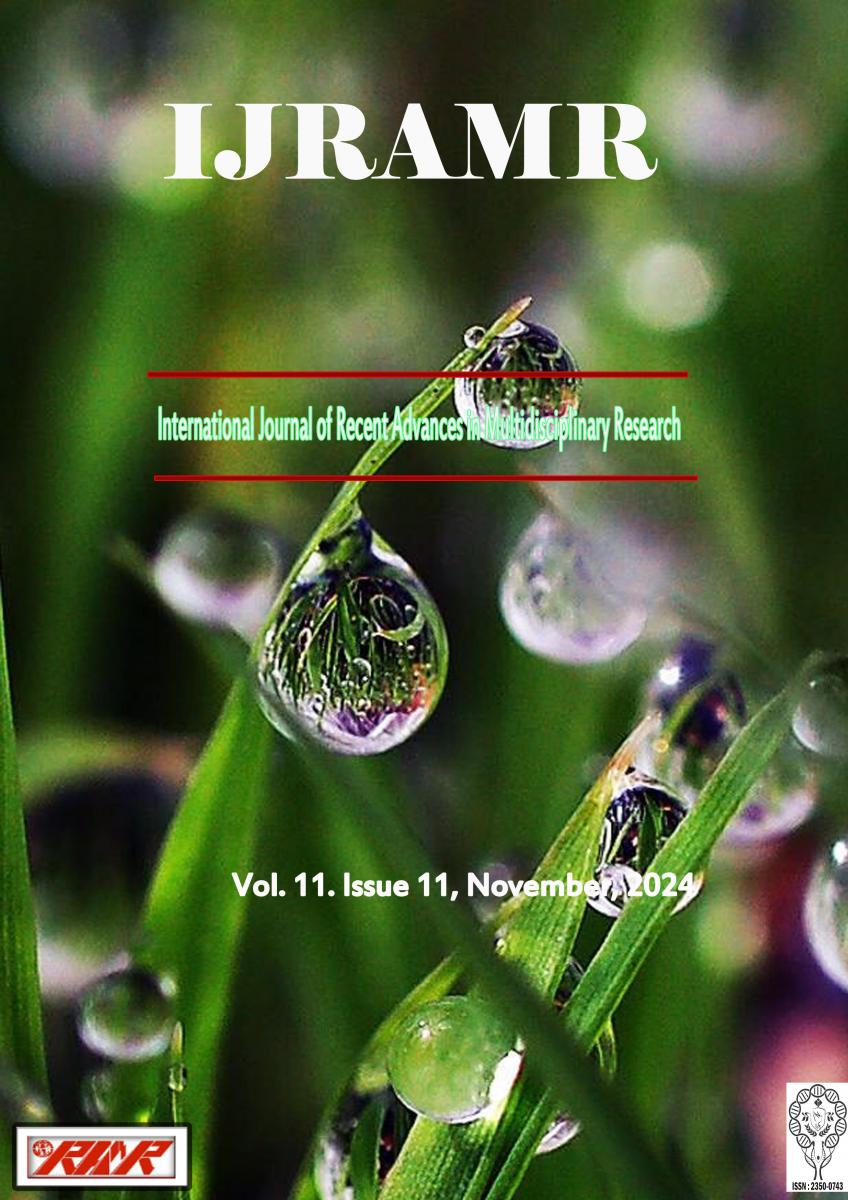Nigeria’s foreign policy since independence is that of commitment to peace, security, territorial integrity and economic prosperity. It is committed to economic integration and sub-regional peace through ECOWAS which forms a building block for the integration and unity of Africa in general. Analysis of Nigerian foreign policy shows that her leaders operate within four concentric cycle of national interest, the inner most circle represent Nigeria’s own security, independence, and prosperity, and centered on its immediate neighbors: Benin, Cameroon, Chad and Niger. The second circle revolves around Nigeria’s relations with its West African neighbors. The third circle focus on continental African issues of peace development and democratization. The fourth circle involves Nigeria’s relation with organizations, institutions, and the states outside Africa. Therefore the main Objective of this research is to study the foreign policy under President Olusegun Obasanjo’s civilian administration and how his preventive diplomacy made an impact to Nigeria’s image abroad. Data was extracted from various literatures and reports from Nigerian Ministry of foreign of Affairs and employed content/descriptive analysis’ Finally, the paper recommends that Nigerian government should address the thorny domestic issues with a view to create a friendly investment climate and boost public and international image.






